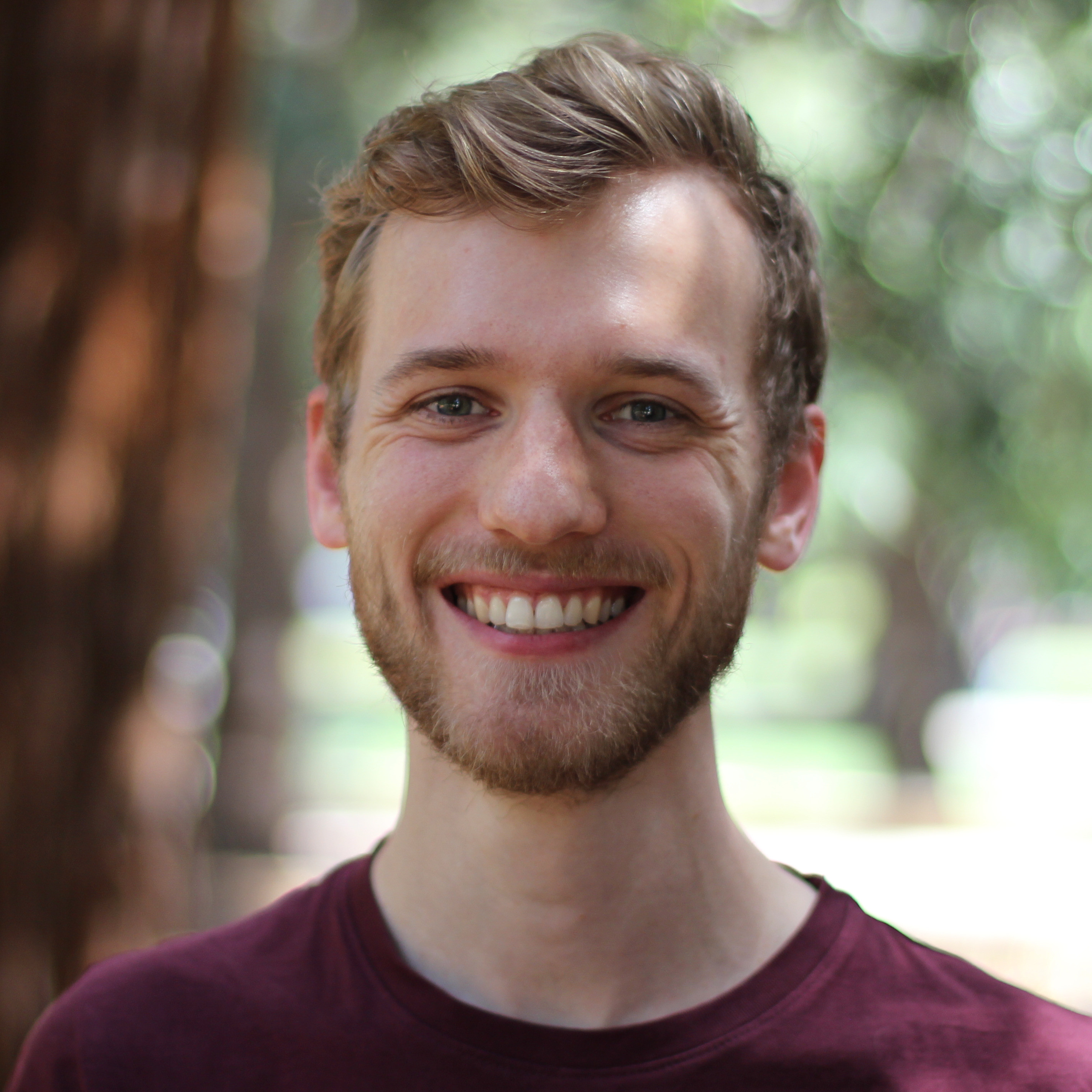
Self-supervised Scene Representation Learning
Description
Unsupervised learning with generative models has the potential of discovering rich representations of 3D scenes. Such Neural Scene Representations may subsequently support a wide variety of downstream tasks, ranging from robotics to computer graphics to medical imaging. However, existing methods ignore one of the most fundamental properties of scenes: their three-dimensional structure. In this talk, I will make the case for equipping Neural Scene Representations with an inductive bias for 3D structure, enabling self-supervised discovery of shape and appearance from few observations.
Speaker Bio
Vincent Sitzmann is a graduate student in Electrical Engineering at Stanford University, where he is advised by Prof. Gordon Wetzstein. His research interest lies in self-supervised scene representation learning, specifically, exploiting the structure of our world to formulate inductive biases that enable learning rich neural scene representations.

